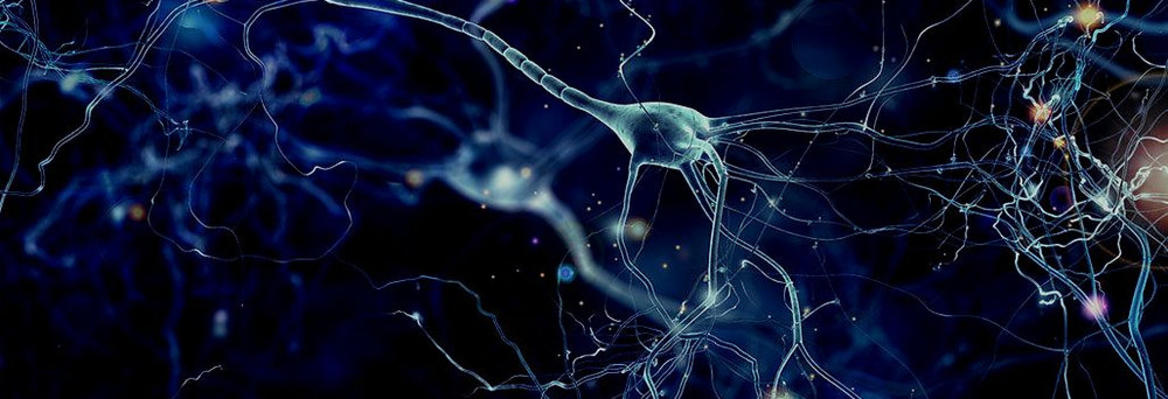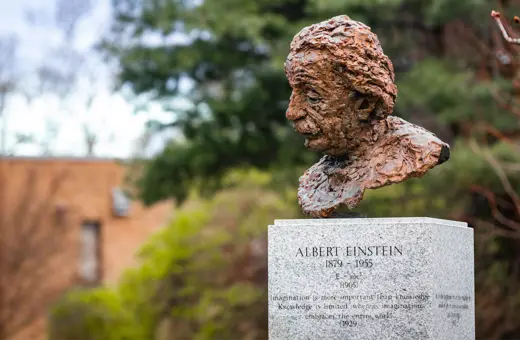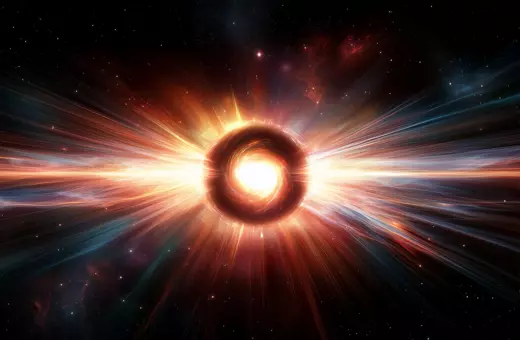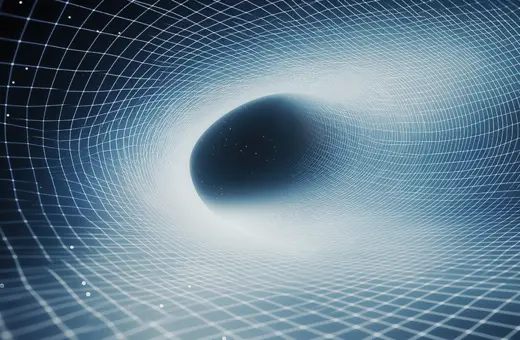Science and philosophy are beset by many mysteries. But in recent years,many thinkers have resorted to the idea of ‘emergence properties’ as a sufficient explanation for many puzzling phenomena: Properties that emerge as a result of interacting components within a system, but properties that do not belong to any individual within that system. Hence, consciousness can arise from unconscious matter, and free will can arise from particles that have no will or agency. Cognitive scientist Derek Cabrera explains how the concept of emergence gets abused and can open the back door to lazy mysticism.
At the HowTheLightGetsIn London 2023 Festival taking place September 23rd/24th, Philip Goff, Eleanor Knox, and Hilary Lawson will debate whether ‘Emergence’ is a valid way of explaining anything.
Emergence, the enigma that captures the essence of system behaviour, often leaves us marvelling over its surprising outcomes. Emergence takes place when the dynamic interactions among the parts of a system give rise to properties or outcomes that would be absent if the parts acted in isolation. The idea of emergence is often summarized in the misleading trope that, “the whole is greater than its parts.” But let's set the record straight and debunk this popular myth: the whole is always equal, never greater, than its parts.
Don't be fooled by this trick of perception, for in reality, the whole is always precisely equal to its parts (a.k.a., the Whole=parts principle or W=p). Yes, you heard it right! The allure of emergence lies in its ability to reveal qualities at the level of the whole that may not be immediately obvious when examining the individual parts. But, those emergent properties result from the simple rules governing the interactions between the parts.
Let's take foraging ant colonies as an example. No single ant possesses intelligence, but collectively, their adherence to one simple rule – "no crossing a pheromone trail" – gives rise to intelligent behavior at the colony level. How do several thousand dumb things get together and suddenly produce intelligent behaviour?
___
No more mysticism, no more arbitrary distinctions!
___
Here's where the mystery reveals itself: the whole is dynamically interconnected and multiplicative, rather than simply additive. Still, it remains firmly grounded in the fundamental principle that the whole equals the parts that it is made up of, which includes its relationships. Because the relationships are part of the whole they are parts of the whole.
Embracing systems thinking means acknowledging the profound truth that relationships are indeed material things, and therefore parts of the whole in their own right that are as tangible as its other structural components. By recognizing this, we shatter the illusion that the whole could ever be less than its parts. No more mysticism, no more arbitrary distinctions!
___
Beware, too, the pitfalls of conflation – emergence is a valid scientific concept, but it has often been used as a backdoor that allows mysticism to creep in.
___






















Join the conversation